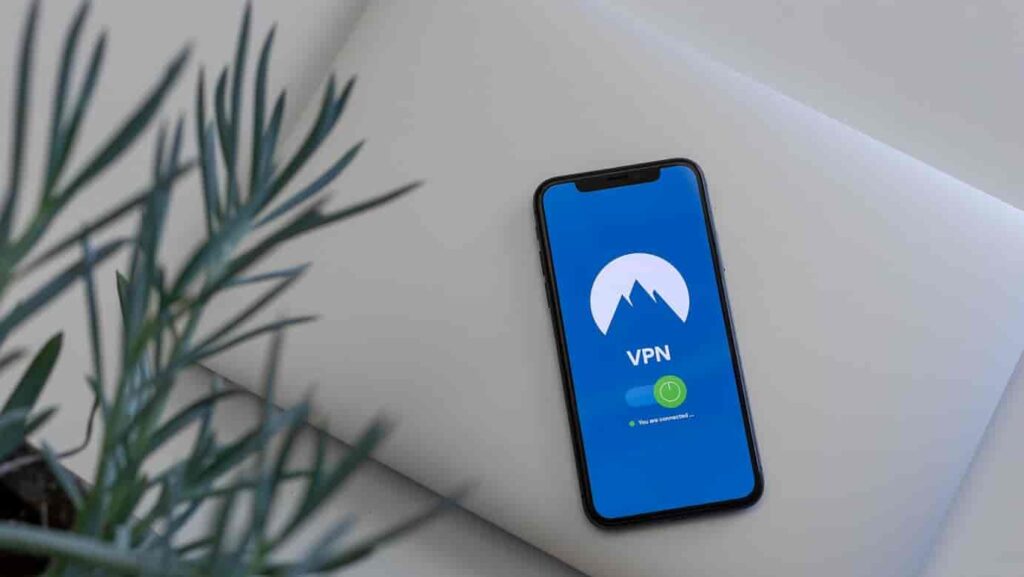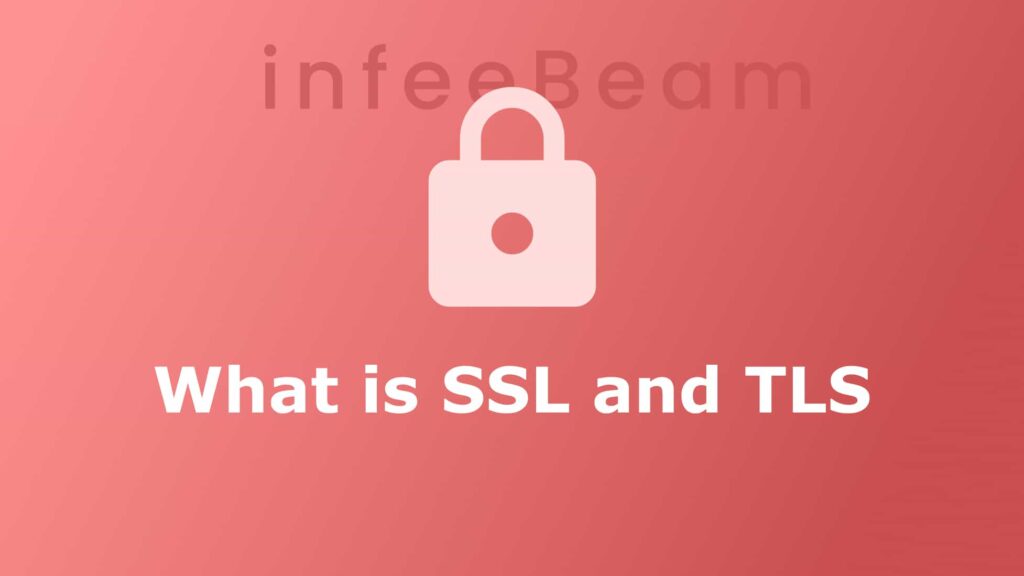The Internet of Things (IoT) has evolved as an innovative technology that is transforming how we live and work in the age of digital transformation. IoT refers to a system of networked devices that share information and communicate with one another, forming a massive ecosystem of intelligent gadgets. This article explores the exciting possibilities and potential of IoT, in other words Future or IoT, shedding light on its impact on various sectors and the implications for our daily lives.
IoT’s potential is limitless as we head towards a more connected future. It has the potential to alter several industries, increase productivity, and improve our quality of life. Despite the quick rate of technical development, it can be difficult to comprehend the effects and possibilities associated with IoT.
What is IoT
The Internet of Things (IoT) refers to a vast network of interconnected physical devices that are embedded with sensors, software, and connectivity capabilities. These devices, which are sometimes referred to as “smart” devices, are able to gather and exchange data over the internet, allowing them to speak with other systems and with one another. Homes, communities, businesses, and even our personal lives are all part of this networked ecosystem of gadgets.
IoT’s basic tenet is the creation of a network where common things may communicate and exchange information, resulting in a rise in automation, efficiency, and convenience. These things might be anything from automobiles, medical equipment, and industrial gear to home appliances like thermostats and refrigerators.
What is the Future of IoT
Let’s examine some potential IoT outcomes for the time being.
1. Enhanced Connectivity
IoT has the potential for unmatched connectedness in the future. Our homes, towns, and industries will seamlessly combine to form smart ecosystems as more gadgets become networked. The potential for improved connection is enormous, ranging from intelligent homes that anticipate human wants to networked transportation systems that optimise traffic flow. Wearables and smart appliances that are IoT-enabled will provide personalised experiences that will change the way we engage with technology.
2. Smarter and Sustainable Cities
Connected sensors and gadgets track and enhance waste management, traffic patterns, and energy usage, promoting effectiveness and reducing environmental impact.
3. Healthcare Revolution
IoT has the potential to revolutionize the healthcare industry, empowering patients and healthcare providers alike. Connected devices and wearables will enable remote patient monitoring, allowing doctors to gather real-time data on patients’ vital signs and health conditions. This data can facilitate early diagnosis, personalized treatment plans, and preventive care, ultimately improving patient outcomes and reducing healthcare costs. IoT-enabled devices will also enhance medication management and promote independent living for the elderly and individuals with chronic conditions.
4. Industrial Transformation
IoT has enormous promise for the industrial sectors in the future. Production processes will be optimised, productivity will increase, and downtime will be decreased in smart factories equipped with IoT devices. Predictive maintenance will be made possible by connected sensors, recognising potential problems before they have a substantial impact. Real-time tracking of items will be possible because of IoT-powered supply chain management systems, which will also optimise operations and cut costs. Industrial IoT enhances worker safety by utilizing wearable gadgets to monitor environmental conditions and detect potential threats.
5. Security and Privacy Concerns
IoT has a bright future, but it also gives rise to privacy and security issues. With billions of devices connected to the internet, ensuring their security and data becomes crucial. To guard against cyber risks, manufacturers and developers must prioritise strong encryption, authentication, and secure communication protocols. To address concerns about data ownership and permission, strict privacy laws and open data practices are also required.
Conclusion
The Internet of Things (IoT) envisions a connected world, revolutionizing every aspect of our lives. It holds enormous promise for innovation and efficiency. IoT boosts connectivity, creates smarter cities, and transforms healthcare and industrial sectors.
To make sure that IoT stays a dependable and trusted technology, stakeholders must solve security and privacy issues if they are to fully realise these benefits. To fully achieve the promise of the IoT as we embrace its future, it is essential to promote cooperation and information exchange.


